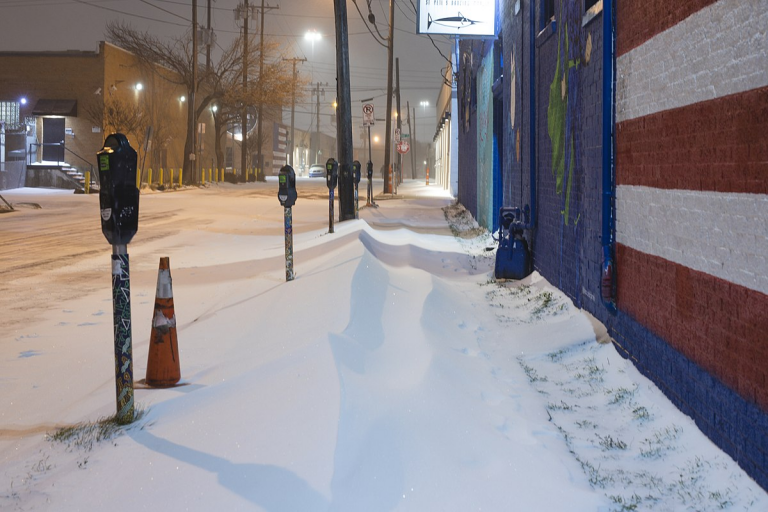The vast winter snowfall that blanketed many areas of the nation left Texas residents without power and water in record low temperatures. Texas experienced outages unlike any other state because the electrical grid is separated from other grid systems in the country.
That, along with a deregulated energy market, served to render the state system vulnerable in such severe and singular storms. Although many Texans benefit from the deregulated market, unpredictability is inherent during times of high energy use, leading to rolling blackouts and price spikes.
Because Texas’s unique energy grid system has no link to other electrical grids across the country, it could deregulate fully and is not subject to federal regulations. Other grids cover multiple states, and in times of shortage, can rely on neighboring grids. The Texas grid’s independence was a weakness in the extreme snowstorm that took place earlier this month. A combination of factors left citizens without power after the storm, as temperatures plunged well below freezing and energy needs surged.

The increase in energy needed to keep homes warm during the storm pushed energy providers to the limit. The Texas grid operator, Electric Reliability Council of Texas (ERCOT), issued a report back in November which forecasted peak demands for the winter season would be 57,699 megawatts (MW) for a system that has the capacity to provide 83,000 MW.
The all-time high for winter power needs 65,915 MW. When the temperature dropped after the storm, with the energy system’s infrastructure already under the strain of built-up ice and snow, pipes began freezing, and electrical providers had to shut down.
Success
You are now signed up for our newsletter
Success
Check your email to complete sign up
The South Texas Nuclear Generating System automatically stopped power generation after a pipe froze and the system shut down. As a result, 1,350 MW, which usually powers 270,000 homes, was dropped from the grid. As the same scenario played out with other energy providers like natural gas and wind turbine operators, more and more homes fell into complete darkness across the state. Those remaining providers could not meet demand as energy reserves were inadequate. 10 years ago, a less severe storm hit the region, and federal regulators recommended winterizing in case of similar future events. ERCOT and its energy suppliers did not heed the guidance and left the state vulnerable.
Energy deregulation began in the 1970s and continued as energy executives pushed for a free market to give customers more choices and lower prices. In 1999 George W. Bush signed the Texas Senate Bill 7 into law, allowing for full deregulation in Texas. The argument for deregulation is enticing. It offers customers more energy providers choices, opens up competition, lowers prices for consumers, and allows for faster processes in an open market. Of course, the implementation of deregulation has its ramifications. The lack of reserves was a major issue during this storm, as it might have resulted from energy suppliers trying to keep costs low to consumers without having an oversupply.
Texas’s grid failure
Another result of Texas’s grid failure is that many residents are being charged enormous sums on their recent electric bills. For those enrolled in variable-rate plans, the price per kilo-watt fluctuates based on supply and demand. As electricity needs surged during the cold snap, so too did the price per kilowatt. The pre-storm average price per kilowatt-hour was 12 cents. It increased to $9 per kilowatt-hour during the surge, causing some bills to reach several thousand dollars.
Griddy, a Houston area energy provider that serves 29,000 customers, warned its clients before the storm to switch to a different provider, knowing that the severe weather would cause a huge increase in bills. The company stands by its customers and asks the state regulators why an increase in price per kilo-watt was allowed to happen during the crisis.
As power is reconnected, Texas residents will have a big job of clean-up from pipes bursting in freezing homes during the outage. The state will also have to re-evaluate its energy system since the crisis has left many shocked at how much chaos could be caused by a change in the weather. The record low temperatures were followed by seasonably warm weather this week.
Follow us on Twitter or subscribe to our email list
















